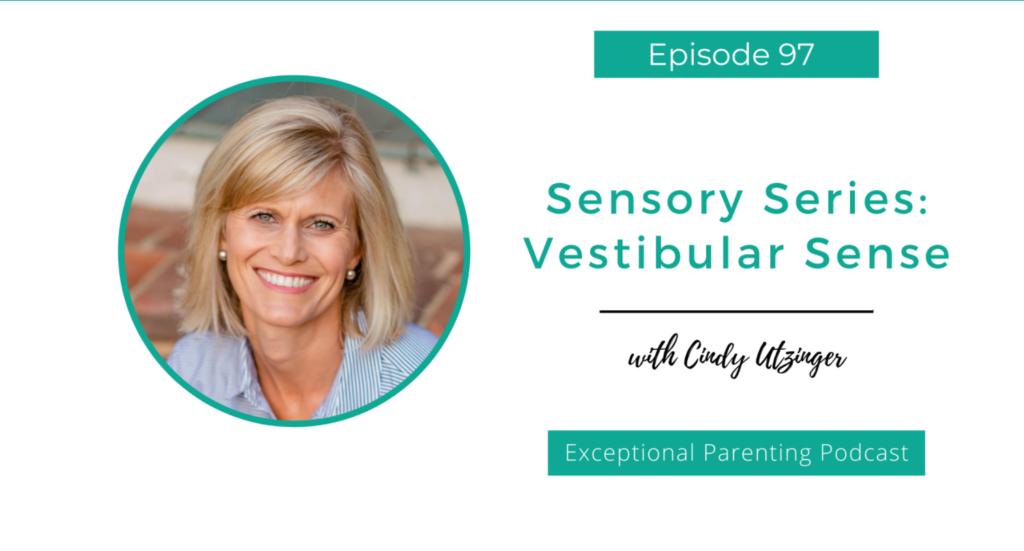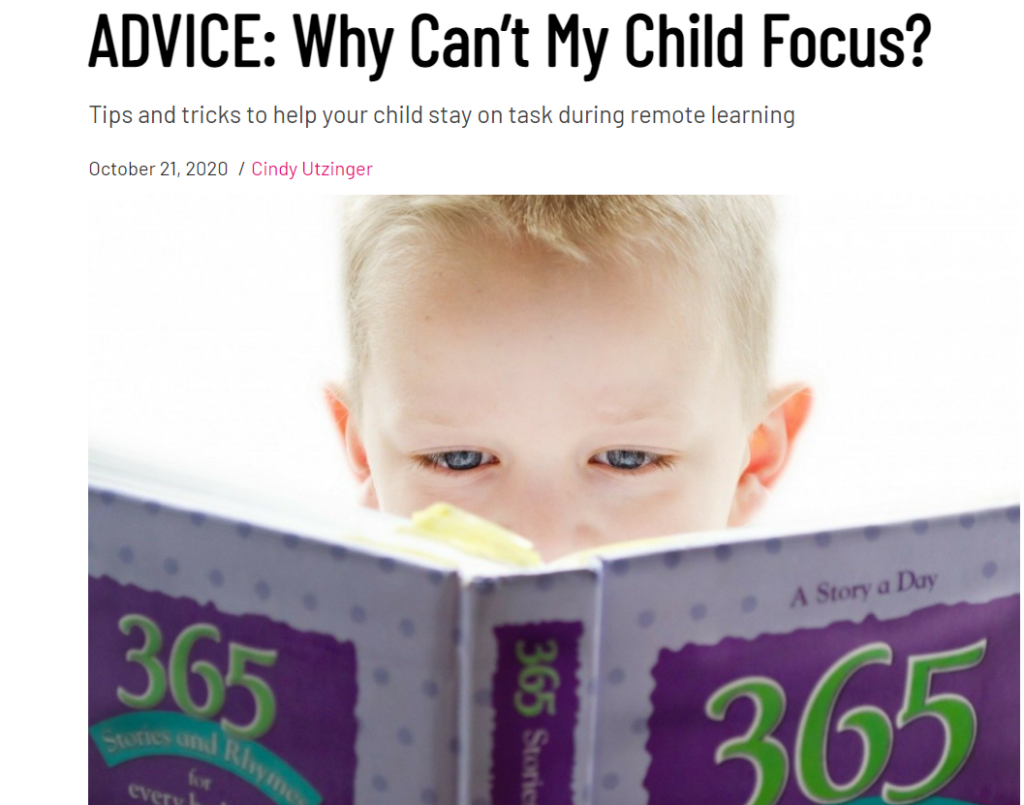“Do you think my child has ADHD?”… a question I get asked quite often so I want to help by offering some alternative explanations to ADHD behaviors in children.
Let me first remind you that ADHD is now the official diagnosis and the diagnosis of ADD is no longer used. ADHD is split into three different “presentations”:
- Attention-deficit/hyperactivity disorder, combined presentation
- Attention-deficit/hyperactivity disorder, predominantly inattentive presentation
- Attention-deficit/hyperactivity disorder, predominantly hyperactive-impulsive presentation
Alternative explanations to ADHD and your child’s behavior:
ADHD is not situational
What I mean by this is that a person will not have ADHD at school but show no signs elsewhere. They either have it or they don’t. If the teacher is convinced a child has ADHD but the parents see no signs when doing work at home or during activities outside of school, then it’s probably not ADHD.
Optimum level of arousal
All to often, the reason a child is acting impulsively or is not able to focus on their work is because they are not at their optimum level of arousal.
The best way for me to put that into layman’s terms is to compare their need for sensory input to drinking coffee (for any of you coffee drinkers). Too much coffee and we can get jittery, experience a racing heart, and have a hard time sitting still. Too little coffee and we are groggy and the thought of being productive is a pipe dream.
Our children need to have that just right amount of “coffee” (or sensory input) to focus and attend. Some kids need an entire carafe of coffee and others can have just a sip and it’s too much. For those who need a carafe, they need lots of opportunities for proprioceptive and vestibular input. They need to swing, jump, spin, do heavy work, run, do push-ups or burpees, get lots of hugs, etc. Those who have one sip and it’s too much need strategies in place to help prevent them from reaching that place of sensory overload and need tools to use when they are.
For more information on strategies to use to help your child reach their optimum level of arousal you can click HERE.
Overlap between ADHD and sensory symptoms
The same symptoms used to diagnose ADHD are some of the same symptoms used to describe children with an immature sensory system. There is a lot of overlap often making it hard to distinguish.
We need to look at the WHY. Why does this child look like a pinball in action? Is it because he has a weak core so sitting still is difficult? Is she touching everything because of its novelty and she’s interested in the sensation of it? Is he tuning out and appears inattentive because he’s overwhelmed by all the sounds around him and the school bus or cafeteria just rocked his world? Is there lack of routine and consistency in his life so he’s overwhelmed by not really knowing what to expect next creating anxiety?
The point I’m trying to make is that there can be a lot of different reasons for the inattentive of hyperactive behaviors we see and a great place to start is the sensory system.
ADHD vs. just a “normal” kid?
You may want to sit down for this one, but one alternative explanation to ADHD in children may be that you’re simply looking at a case of normal childhood development. You read that right. Your child may just be a “normal” child. We are having a hard time these days recognizing where normal childhood development ends and ADHD begins. As humans we tend to judge “different from me” as “wrong”.
Child psychologist Jerome Kagan says “Let’s go back 50 years. We have a 7-year-old child who is bored in school and disrupts class. Back then he was called lazy. Today, he is said to suffer from ADHD.”
Let me share an excerpt from my book that addresses this:
The Gesell Institute stated in 2005 that “There is an inner timetable which determines the child’s rate of development. Trying to teach activities ahead of that timetable will at best result in only minor, temporary growth.” It seems as though we live in a society where more and more is being asked of our children at an earlier age. You have to wonder then, if we are labeling our children with diagnoses when they can’t live up to the expectations placed on them when actually they are just not developmentally ready to meet the demands placed on them.
Allergies, learning disabilities, or vision?
There can be other alternative explanations for these symptoms as well such as food allergies, learning disabilities (such as processing deficits), or learning related visual problems.
Visual deficits are another HUGE problem I encounter with the kids I treat. You may have heard me say this before, but good vision is more than just good eyesight. You can have 20/20 eyesight but still have visual deficits.
Most eye exams look at eye health and refractive errors but don’t look at functional vision and visual processing and perception which all affect learning. Children have to understand what they see, identify it, judge its importance and relate it to previously stored information in the brain. Good vision is more than just seeing something, it’s how well is the brain able to process what it sees.
As a clinician, I often refer kids to a developmental optometrist when I suspect there may be something going on here. One mom was a few days away from her son’s appointment to see if he was a candidate for ADHD medication. During my assessment of him, I quickly recognized that he was struggling visually so referred him to the developmental optometrist in our area. Mom followed through and sure enough, this poor kid was struggling horribly with his vision.
Yay!! An answer. The thing is, kids don’t know any better. All they’ve ever seen is all they’ve ever seen. They don’t know to tell you that something is wrong with their eyes. Can you imagine, though, how a child’s behavior in the classroom could be affected by visual deficits?
Signs that vision may play a role in behaviors:
• Reading delays
• Letter reversals
• Poor ball skills
• Red or watery eyes
• Headaches
• Difficulty learning fine motor skills
• Clumsiness
• Difficulty finding things
You can find a more comprehensive list at www.allaboutvision.com
The same is true for other learning disabilities. Our kids have never heard through different ears or processed with a different brain, so they don’t know to tell us that something is wrong because they’ve never experienced what is RIGHT.
Does your child seem to be most inattentive when the teacher is talking and giving a lesson? Her words may sound like “whah, whah, whah” to your child. It may be too much too fast and because your child is having a hard time processing everything she is saying and that frustration leads your child to tune out and perhaps become disruptive
It’s up to parents and educators to work together to get to the root of things. Occupational Therapists, Speech Therapists, and psychologists can be a great resource to assist you in doing so.
I’m not going to say that the diagnosis of ADHD isn’t sometimes warranted because I have worked with enough kids to know that sometimes it just is what it is and medication is a necessity. However, I want to help you realize that there can be many alternative explanations to ADHD in children and why you are seeing what you’re seeing. And, I want to encourage you to dig till you feel comfortable with the answer because medication does not come without its downside.
For more information, visit www.cindyutzinger.com or amazon.com to purchase your copy of “Why is My Kid Doing That?” A Sensory Approach to Understanding Your Child’s Behavior. I’d also love to connect via facebook or twitter.



